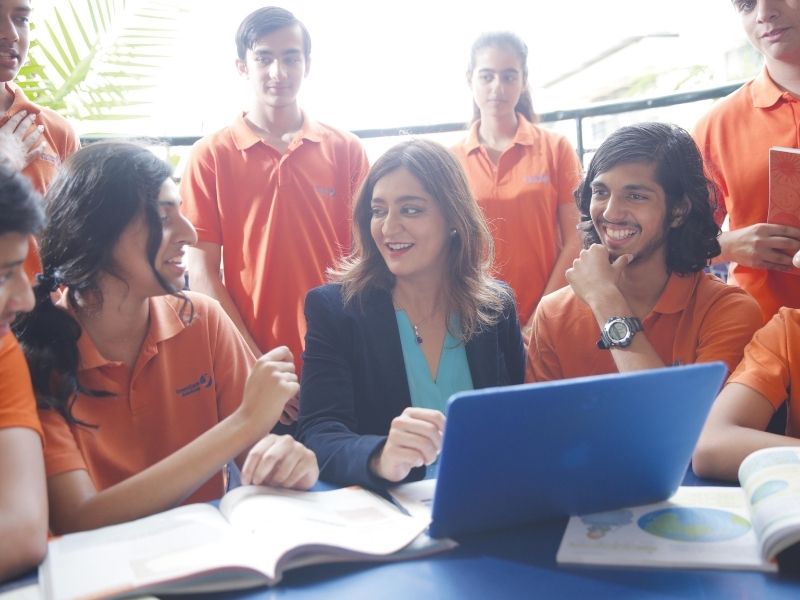
Fazal: unjust & unfair
Amrita Ghosh (Bengaluru)
Several associations of private schools are all set to file writ petitions in the high court against the constitutional validity of a January 30 state government directive to all private schools — including institutions affiliated with pan-India CBSE and CISCE exam boards — statewide to collect only 70 percent of tuition fees for the academic year ending April 2021. Dispute redressal committees have also been formed for fee-related issues after several parents complained of schools’ non-compliance with the government order.
The directive was issued following prolonged agitation by several parents’ associations demanding reduction of tuition fees because of schools being shuttered for over nine months, and parents suffering job losses and reduced incomes during the pandemic lockdown. According to spokespersons of the state’s 20,500 private unaided schools, over 50-60 percent of parents have not paid their children’s fees for the past nine months and fees arrears owing to private schools have accumulated to Rs.4,000-5,000 crore.
Private school teachers have made common cause with school managements because they have suffered salary cuts and losses due to unpaid tuition fees. Earlier, a ‘Teachers Unite’ petition posted on the social platform change.org, requested the state education minister to reject a proposal made by the Department of Public Instruction to reduce tuition fees by 30 percent to enable school managements to clear their teachers’ salary dues and arrears. The petition also requested the state government to provide financial assistance to private schools to enable them to pay teacher salaries and for teacher training.
“A large number of private unaided schools have invested heavily in digital infrastructure and additional teacher training to provide online classes to their students. Moreover as per government directives, we have continued to pay full salaries to our teachers, and staff including bus drivers and attendants. In addition, most schools have voluntarily reduced and in deserving cases, waived children’s tuition fees. In the circumstances the government order to collect only 70 percent of annual tuition fees is certain to disrupt our cash flows and plunge many schools into the red. Payment of fees is a bilateral contract between parents and schools. In these circumstances, the government’s one-size-cap-fits-all fees reduction order is unjust and unfair,” says Nooraine Fazal, promoter-director of the top-ranked Inventure Academy, Bengaluru and leader of Right to Learn, a private schools coalition.
On the other hand, B.N. Yogananda, general secretary of RTE Students and Parents’ Association, says a large number of private schools are profiting by levying full fees while providing online learning which is restricted by the government to three-four hours per day. “Elite schools are demanding full fees and threatening to expel children from online classes. This is profiteering and unacceptable. We are agreeable to paying full fees of small budget private schools (BPS) with less than 250 students. However, schools which are charging full fees of Rs.15,000-25,000 per month should accept the government mandated 30 percent tuition fees reduction,” says Yogananda.
According to D. Shashi Kumar, general secretary, Associated Managements of Primary and Secondary Schools in Karnataka (KAMS, estb.1989), which has a membership of 3,900 K-12 (BPS) schools, a large number of their parents are government and small-scale industry employees who have not suffered income loss during the pandemic, and are taking advantage of the situation to avoid paying duly contracted fees. “Most of our member schools have voluntarily cut fees by up to 30 percent for the current and forthcoming academic year. Despite this, 15-20 percent of parents are still unwilling to pay their arrears,” says Kumar.
With an increasing number of children exiting dysfunctional government schools defined by crumbling infrastructure, chronic teacher absenteeism, rock-bottom learning outcomes and English teaching aversion, the financial viability of private schools — including BPS — is in the public interest. Therefore, irresponsible government interference with parents and private school contracts is certain to cause great damage to the state’s floundering K-12 education system.